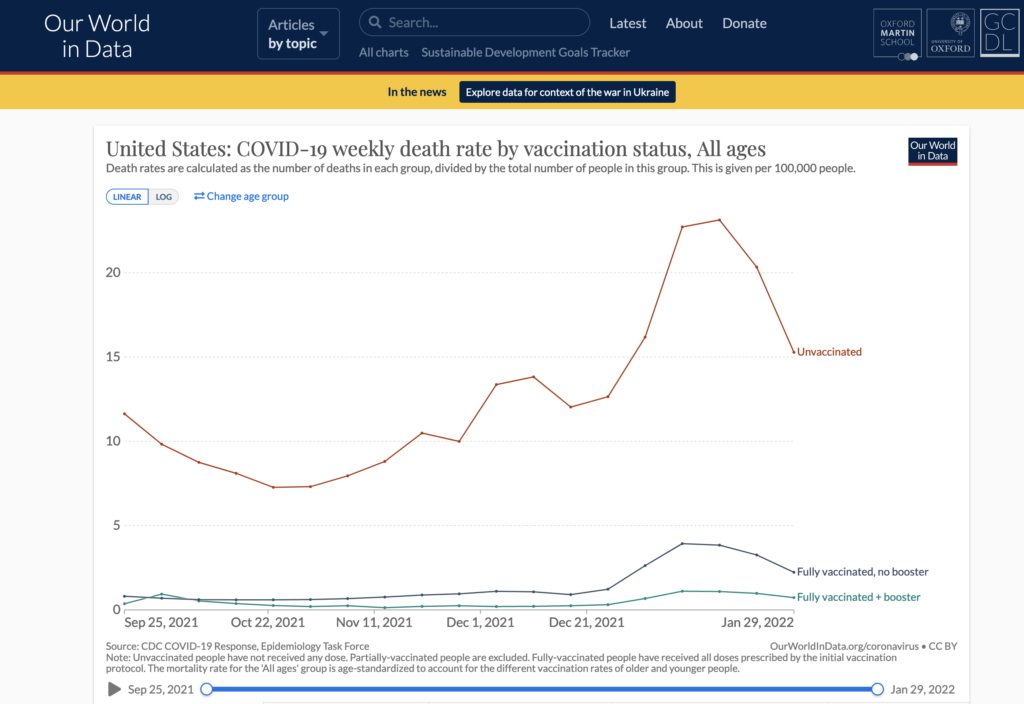Coming off a fun, productive weekend at JordanCon in Atlanta, I find myself thinking about the power of professional friendships. I am fortunate beyond measure to have a wonderful life partner, children I adore, family (immediate and extended) who mean the world to me, and friendships that have lasted the better part of a lifetime.
I also have many friends in the writing world. Some I have known since the earliest days of my career (which began in the mid 1990s), while others I met only a year or two (or even less!) before the pandemic forced us into relative isolation. All of them, though, are incredibly special to me, in part because they are fellow professionals in the publishing world.
Living where I do, I am pretty isolated from the fantasy/SF community. The college town in which we live has a strong writing tradition, but that tradition is rooted firmly in Southern “literary” fiction. It has little regard for genre writing. And so all my professional friends live elsewhere. Since the pandemic began, my contact with them has been limited to Zoom meetings and phone calls. My last professional event before the world shut down was the first weekend in March 2020, on the very cusp of the ensuing unpleasantness.
I did attend a convention (JordanCon 2021, actually — re-scheduled from its original date) late last summer, and another in Boston this past February. But both were sparsely attended and had strong virtual components. This weekend’s convention was the first I attended in two years that felt “normal,” that was well-attended by professionals and fans alike.
And it was glorious.
My fantasy/SF friends are wonderful. At the risk of over-generalizing, they are smart, generous, caring, funny — just the sort of friends one would want. The community is made up largely of people (myself included) who were nerds and geeks in their youth, who didn’t always fit in with the cool crowd. And they have found in this geekdom a population of like-minded individuals. There is precious little competition among the professionals in our genre. Rather, there is an ethos of (forgive the clichés) paying it forward and believing that the higher the tide, the better for all ships.
I was on a panel this weekend with one incredibly talented writer who I have known since he was a teen and a fan of my books. At the risk of being presumptuous, I feel that I have been a mentor to him. Now he’s a professional, too, and one of his publishing credits is a story I bought as editor of an anthology. I assure you, I bought the story entirely on its merits. It’s a terrific piece. And now we are colleagues.
I was on another panel with someone I first met (I believe) through the Magical Words website, when she was still an aspiring writer seeking advice from my posts and those of the other pros running the site. She, too, is now a published professional, with several books to her name, and a growing, well-deserved reputation as a terrific storyteller. How cool is that?
I spent my weekend talking shop, discussing matters of writing craft and the current state of the literary market. Some of the conversations were great fun. Others were sobering. But all of them were deeply satisfying. It’s not that my other friends don’t care about my professional life. Of course they do, just as I care about theirs. But there is no substitute for having in depth conversations with respected colleagues who understand intuitively the challenges I face in my work, because, of course, they face them in theirs as well.
As with so many other conventions I have attended, I came away from this weekend’s event feeling energized. I am eager to get back to both my editing work and my current writing project. And I am eager as well to attend my next convention with so many of the same wonderful people.
That event, by the way, is ConCarolinas — Charlotte, NC, the weekend of June 3-5. Come join us! It’s going to be great!
Have a wonderful week!









 And so those who trust the Covid science will remain safer than those who don’t. Those who keep up with vaccinations and boosters will get sick less often and less severely. They will die in far smaller numbers and spend far less time in the hospital. The numbers are dramatic and indisputable. Sadly, but predictably, living with Covid means accepting an ever widening gap in the rates of infection and in case outcomes between those who ignore the advice of medical professionals and those who follow it. It means accepting that some social and economic disruptions will be unavoidable. One-third of the people in this country are unwilling to protect themselves and their families. There are bound to be consequences for this.
And so those who trust the Covid science will remain safer than those who don’t. Those who keep up with vaccinations and boosters will get sick less often and less severely. They will die in far smaller numbers and spend far less time in the hospital. The numbers are dramatic and indisputable. Sadly, but predictably, living with Covid means accepting an ever widening gap in the rates of infection and in case outcomes between those who ignore the advice of medical professionals and those who follow it. It means accepting that some social and economic disruptions will be unavoidable. One-third of the people in this country are unwilling to protect themselves and their families. There are bound to be consequences for this.